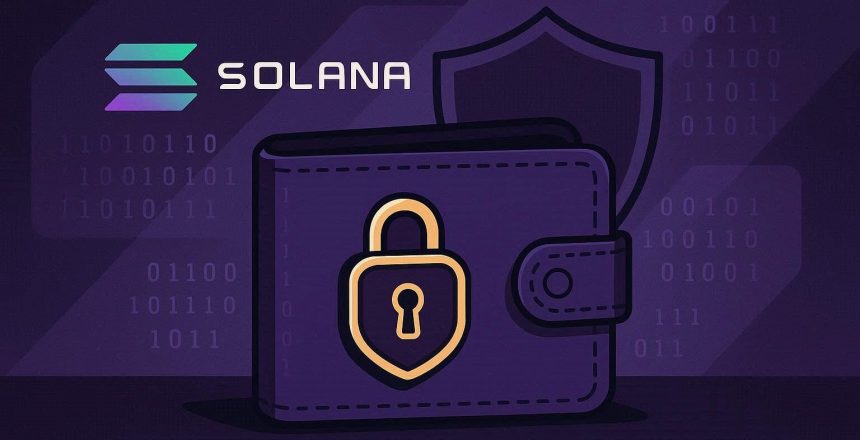The ecosystem received the presentation of the Solana wallet with self-custody and zero-knowledge privacy mechanisms (ZK Proofs) for SOL and network cryptocurrencies on November 6 of this year. This is Hush, a browser wallet.
According to the announcement, the Solana wallet will enable automatic transaction protection mechanisms (May be similar to Zcash shielded transactions), the use of disposable addresses and private swaps between cryptocurrencies.
Similarly, the announcement also ensures that Hush will also support other features “such as dApp wallet creation and bridging with the integration Zcash (ZEC).”
Above all, all core features of the wallet Run locally in the user's browserAccording to information the company has shared so far, Hush does not store any data about its users.
The developer guarantees that the wallet will be available in the Chrome browser environment “in the coming days,” but for now There is no official documentation regarding this projectapart from what is described in the Wallet's Terms of Use and Privacy Policy.
The terms of service ensure that Hush integrates third-party services from the beginning. Specifically, start with at least three things: Jupitera leading decentralized exchange on Solana, privacy cache y Near intentwhich helps bridge the Hush and Zcash networks.
Why does Hush ask for email if it's private?
Some in the community reacted positively to Mr. Hush's announcement, wondering why he would request to be added to the waiting list by email. It is a privacy wallet that focuses on a non-data recording policy.
While this could have practical consequences, such as notifying users via email that a browser wallet will be available soon, some critics believe such a request departs from expected practices for privacy wallet companies.
From their X account at Keystone, the leading hardware wallet for Bitcoin and cryptocurrencies, they expressed interest in the project and a desire to see the wallet in action.

